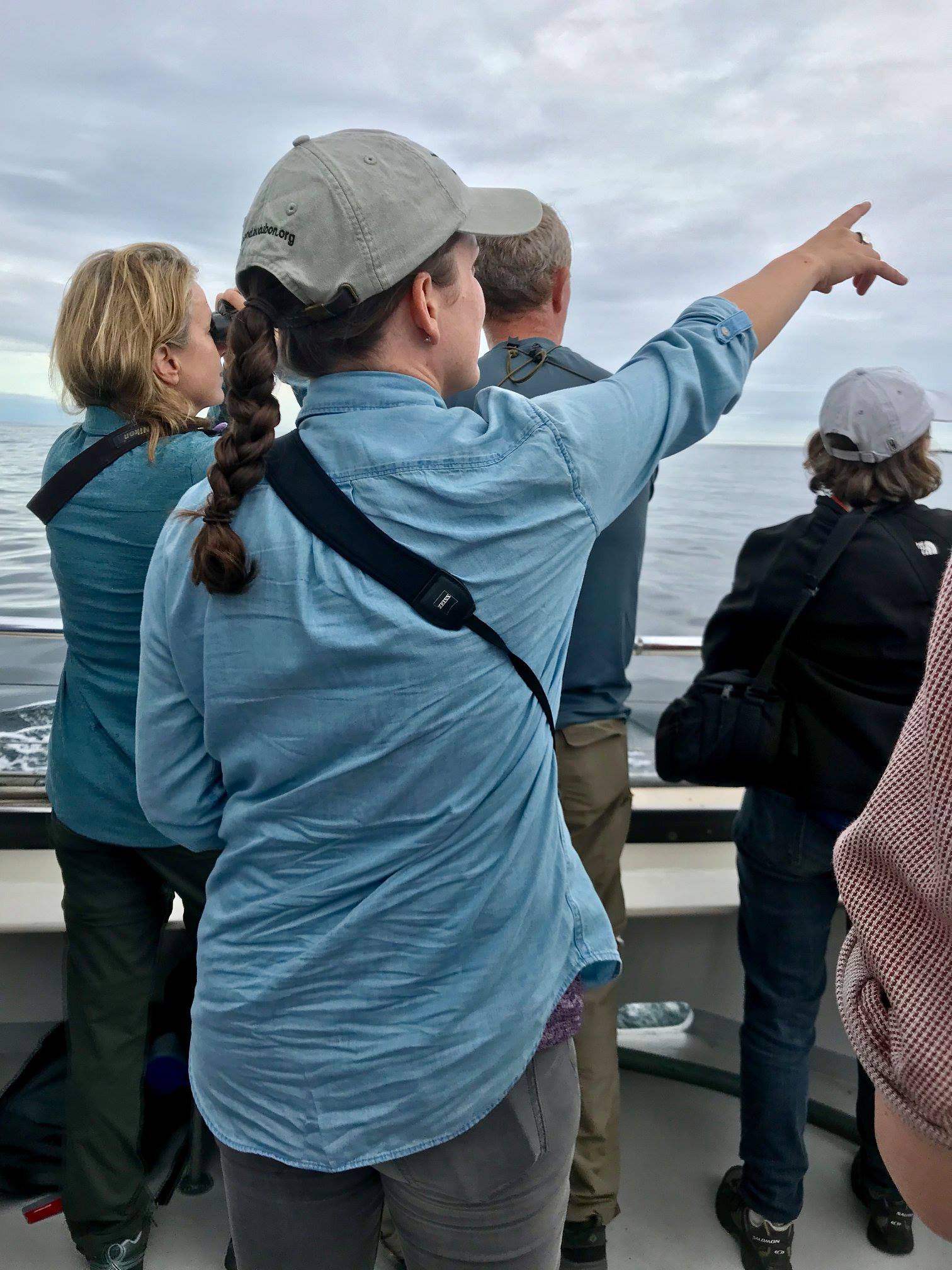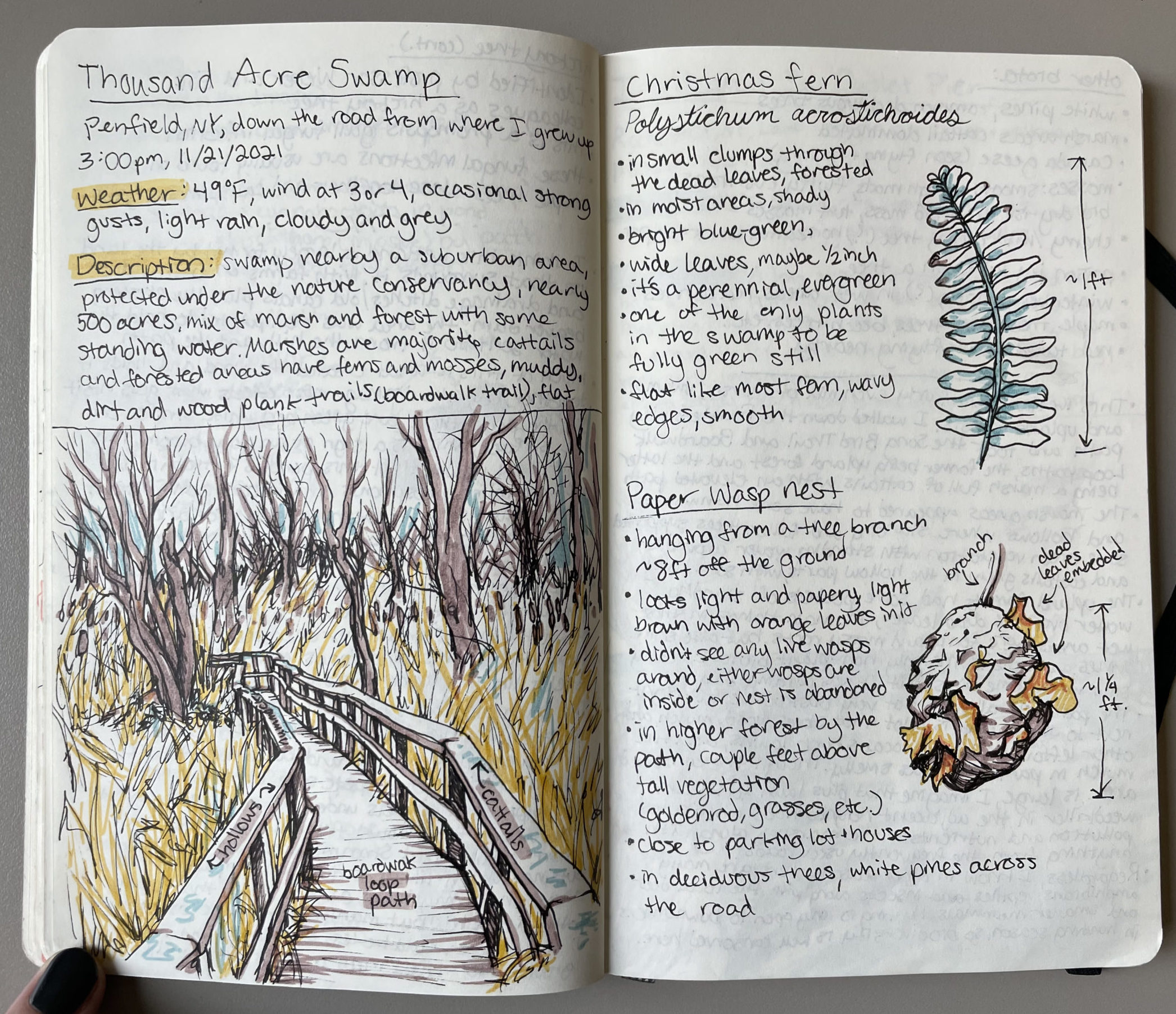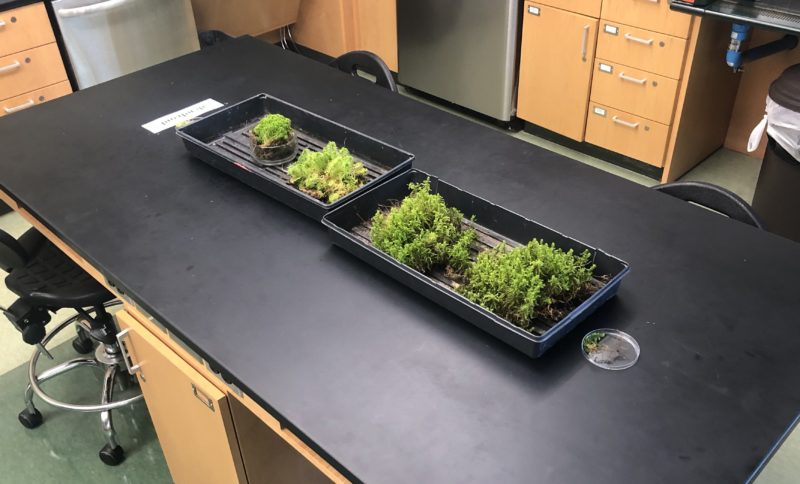Teaching Philosophy
Although many people are capable of being casually good instructors, great teachers are purposeful; to that end, I prioritize student learning via attention to detail and inclusion, I use careful instructional design with clear expectations, and I cultivate student skills in scientific inquiry and critical thinking.
Courses Taught
SUNY College of Environmental Science and Forestry
Freshwater Wetland Ecosystems (EFB 542): elective course focused on ecology and management of inland wetland ecosystems, with a mixture of graduate and undergraduate students.
Ecological Monitoring and Biodiversity Assessment (EFB 202): required field course at ESF's Cranberry Lake Biological Station in the Adirondack Mountains of New York. I taught four day sections of the plant ecology component, which includes field identification and practice with plant community sampling techniques.
Diversity of Life I and II (EFB 210 and 211): required biodiversity survey course, approximately 200 students per semester, and ~20 faculty team-teaching; with lecture and lab components. Instructor and Coordinator.
Ecology of Mosses (EFB 446): elective with lecture and lab components. Teaching Assistant for Dr. Robin Wall Kimmerer.
Indigenous Issues and the Environment (EFB 305): elective focusing on environmental problem-solving from a Native American Perspective. Teaching Assistant for Dr. Robin Wall Kimmerer.
Hamilton College
Wetland Ecology and Conservation (BIO 226): an intro ecology course set within the framework of wetland systems, with lecture and lab components. Lab used field journals (see photo at right) to develop students' observation, description, and hypothesis-building skills. Newly-developed course.
Utica University
Human Ecology (BIO 111): an ecology course for non-science majors focused on core ecological concepts and human impacts on ecosystems, with lecture and lab components. Newly- developed version of course.
Research Methods in Biology II (BIO 232): a required course for early Biology majors focused on research design and scientific writing.
Climate Change Ecology Senior Seminar (BIO 495): seminar-style capstone course focused on discussion and writing surrounding preprint climate change research.


